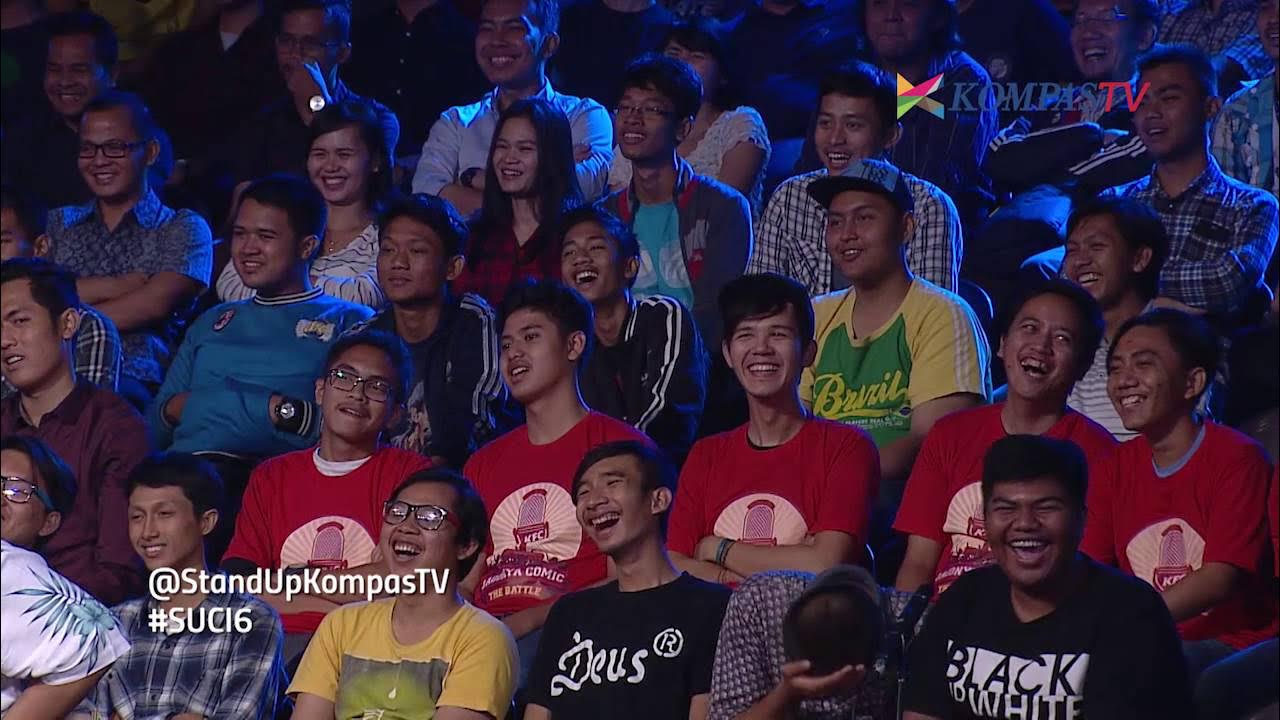Author Talks: What separates the best CEOs from the rest?
Summary
Please replace the link and try again.
Takeaways
- 😲 The role of a CEO is multifaceted and can be described in various ways, including resource reallocation, culture driving, and execution management.
- 🌟 The journey to understand the essence of CEO excellence began with a session for next-generation CEOs, highlighting the need for a definitive guide on what makes an excellent CEO.
- 🔍 The research involved a rigorous selection process, starting with the top 2000 global companies, narrowing down to CEOs with at least six years of tenure and strong performance records.
- 📈 Financial performance was a key criterion, but ethical conduct, social and environmental impact, and succession planning were also considered to identify the best CEOs.
- 🌈 Efforts were made to ensure diversity in the selection of CEOs, including gender, race, and industry to reflect the future profile of leaders.
- 📚 The book aims to demystify the CEO role, providing insights that can be applied to leadership roles beyond the corporate world.
- 💡 The study revealed that great CEOs are bold, capable of taking risks and making decisions that drive significant change within their organizations.
- 🌐 The CEO role has become increasingly complex, requiring leaders to manage external stakeholders and navigate through global trends and shocks.
- 🚀 CEOs are expected to be futurists, capable of identifying and adapting to trends, and even reshaping their industry landscapes.
- 💼 The research included interviews with 67 CEOs, providing a rich dataset of qualitative insights into the mindset and strategies of top leaders.
- 📈 The collective impact of the identified CEOs was substantial, with their tenures creating $5 trillion more value than their peers, emphasizing the high-impact nature of the role.
Q & A
What was the main purpose of the 'Next Up CEOs' gathering in Maryland?
-The main purpose was to expose potential CEOs, who are two to three years away from the role, to what it's like to be a CEO, through a three-day session with CEO guest speakers sharing their experiences and insights.
What did the first CEO speaker emphasize as the role of a CEO?
-The first CEO speaker emphasized resource reallocation, focusing on which businesses the company should be in and which to avoid, with conviction and eloquence.
How did the second CEO guest speaker describe the CEO role differently?
-The second CEO guest speaker described the role as being a cheerleader, driving the company culture, and ensuring talent is in the right place, also with strong conviction and eloquence.
What was the retreat's closing speaker's focus on the CEO role?
-The closing speaker focused on execution, performance management, and operating rhythm, discussing how to drive execution within the company.
What was the initial reaction to the different perspectives on the CEO role presented by various guest speakers?
-The initial reaction was surprise and a sense of enlightenment, as each speaker provided a unique and compelling view on the CEO role, making attendees question the lack of a single definitive answer.
What was the motivation behind creating a definitive guide on the role of an excellent CEO?
-The motivation was to capture the imagination of what distinguishes the best CEOs from the rest, aiming to provide more than just an instruction manual but a guide on how to become an exceptional leader like Eddie Van Halen, Jeff Beck, or Eric Clapton in their fields.
How did the authors approach the research for their book on excellent CEOs?
-The authors started with the top 2,000 largest companies globally, narrowed it down to CEOs with at least six years of tenure, then further reduced the list based on performance, ethical conduct, social and environmental impact, and succession planning, resulting in a final list of 200 diverse CEOs.
What was the criteria for selecting the 200 CEOs for the study?
-The criteria included being a CEO of one of the top 1000 global companies with at least six years of tenure, creating excess total return compared to peers, demonstrating ethical conduct, having a positive social and environmental impact, and effective succession planning.
How many interviews did the authors conduct with the selected CEOs?
-The authors conducted 67 interviews with the selected CEOs, slightly more than the 65 interviews they initially planned based on a 95% confidence level.
What was the response like from the CEOs when asked to participate in the interviews?
-The response was positive, with many CEOs eager to participate and share their insights. The topic of CEO excellence resonated with them, and they were willing to engage in these conversations.
What was the authors' approach to ensuring the lessons learned were broadly applicable?
-The authors were thoughtful in selecting a diverse group of CEOs, including founders, family business leaders, and leaders from various industries, to ensure the lessons were not skewed towards a particular type of CEO and could be broadly applicable.
What is the significance of the book's focus on the CEO role in terms of societal impact?
-The book aims to demystify the CEO role and provide insights that can help improve the odds of success for CEOs, given their high impact on economies, societies, and the environment, as well as their influence on the lives of millions of people who report to them.
How did the authors ensure the insights gained from the interviews were not just timely but timeless?
-The authors focused on the fundamentals of leadership and excellence that have remained true regardless of the changing trends and contexts, aiming to provide insights that would be applicable to future challenges as well.
What is the importance of boldness in the context of being an excellent CEO?
-Boldness is important because it allows CEOs to take risks, test and learn, and drive meaningful change within their organizations, regardless of the context or industry they are in.
How do excellent CEOs approach the external demands placed on them?
-Excellent CEOs integrate external demands into their role, managing expectations from regulators, investors, customers, and the public at large, while also navigating external shocks and trends that may impact their company.
What is the 'high school basketball team' analogy used by Larry Culp, CEO of GE, to describe the CEO role?
-The analogy refers to the fun and camaraderie of being part of a high-performing team with shared goals and mutual support, which Larry Culp sees as a similar dynamic to the CEO role when it comes to leading and inspiring a team towards success.
Outlines

This section is available to paid users only. Please upgrade to access this part.
Upgrade NowMindmap

This section is available to paid users only. Please upgrade to access this part.
Upgrade NowKeywords

This section is available to paid users only. Please upgrade to access this part.
Upgrade NowHighlights

This section is available to paid users only. Please upgrade to access this part.
Upgrade NowTranscripts

This section is available to paid users only. Please upgrade to access this part.
Upgrade NowBrowse More Related Video

4 Lições do livro The Outsiders: grandes Presidentes de Conglomerados | OTÁVIO PARANHOS

Why this columnist isn't impressed by top CEOs' business roundtable

A+ STUDENT MENTALITY For SUCCESS | TRY This for 21 Days | Swami Mukundananda

Kamal: Liburan Sang 'Undertaker' (SUCI 6 Show 8)

How to Write a Short Story (with NO experience!)

Learn How to Rest So Well It Makes You Dangerous.

The Rise of CEOs... That Don't Show Up To Work.
5.0 / 5 (0 votes)